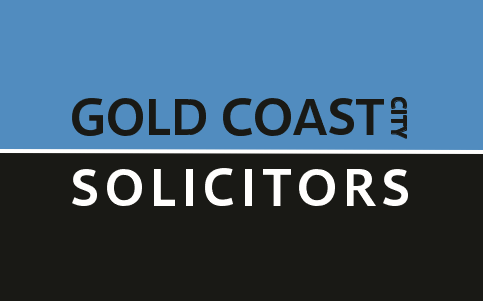Artificial Intelligence (AI) has become increasingly prevalent in the legal profession in recent years. AI tools like ChatGPT, a language model trained by OpenAI, are being used by lawyers to assist with a range of tasks, from legal research to drafting documents. While these tools can undoubtedly improve efficiency and accuracy, here poses the question of whether it is ethical for lawyers to use them.
In short, yes it is. But how they should be used adds dimensions to the question.
On the one hand, there is no ethical impediment to appropriate use of artificial intelligence. Therefore, some would argue that using AI tools is a responsible and ethical approach. Compared to traditional research methods, AI tools allows lawyers to identify legal issues more promptly and accurately. As a result, risk of error will be reduced to ensure that clients receive the best possible advice. Moreover, AI tools can help to level the playing field for clients who may not have access to the same level of legal resources as larger organisations.
On the other hand, some simply choose to highlight the fact that using AI tools can undermine the core values of the legal profession. It is believed that the use of AI tools can reduce the level of judgment and creativity that lawyers bring to their work, which could have negative consequences for clients. Furthermore, the use of AI tools raises important questions about accountability and transparency. Clients may be concerned about the quality of advice they receive if they are not aware that AI tools were used in its preparation.
So, what’s the verdict? Is it ethical for lawyers to use AI tools like ChatGPT? The answer is not straightforward. While there are certainly potential benefits to using these tools, there are also valid concerns about their impact on the legal profession. Ultimately, it is up to individual lawyers and law firms to make informed decisions about how they use AI tools in their work.
If you are a lawyer considering the use of AI tools, there are some important steps you can take to ensure that your use of these tools is ethical.
- Be transparent with you clients about the tools you are utilising and how it may affect their matter(s).
- Ensure that any AI tools you use are reliable and accurate, and that you have the necessary skills and knowledge to use them effectively.
Legal professionals should maintain discretion when using Al tools such as ChatGPT and use them in a responsible and ethical manner that benefits their clients and upholds the values of the legal profession.




